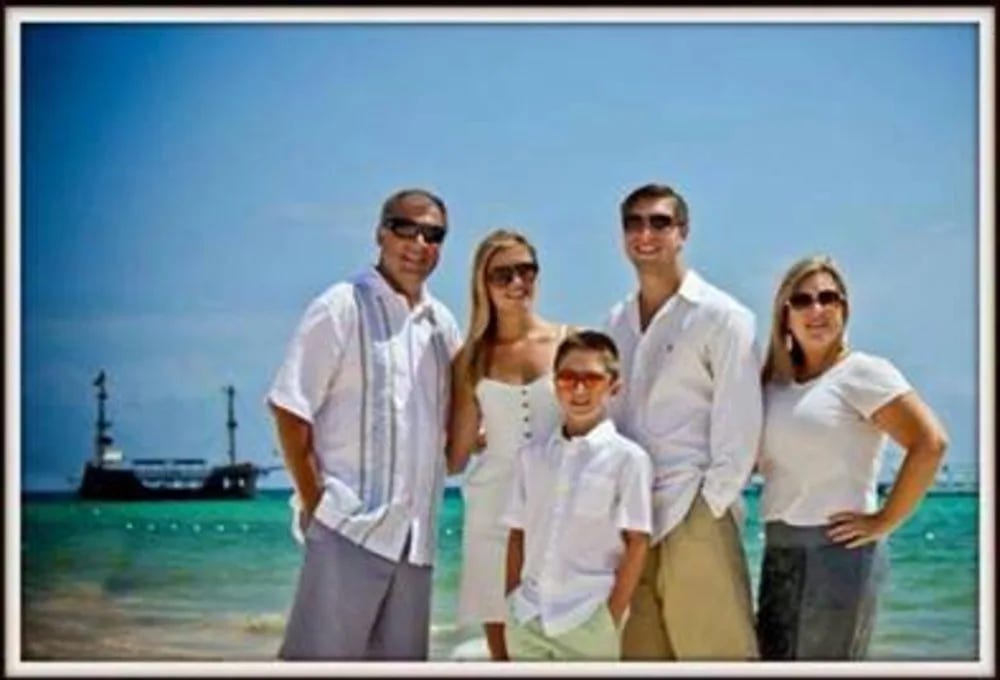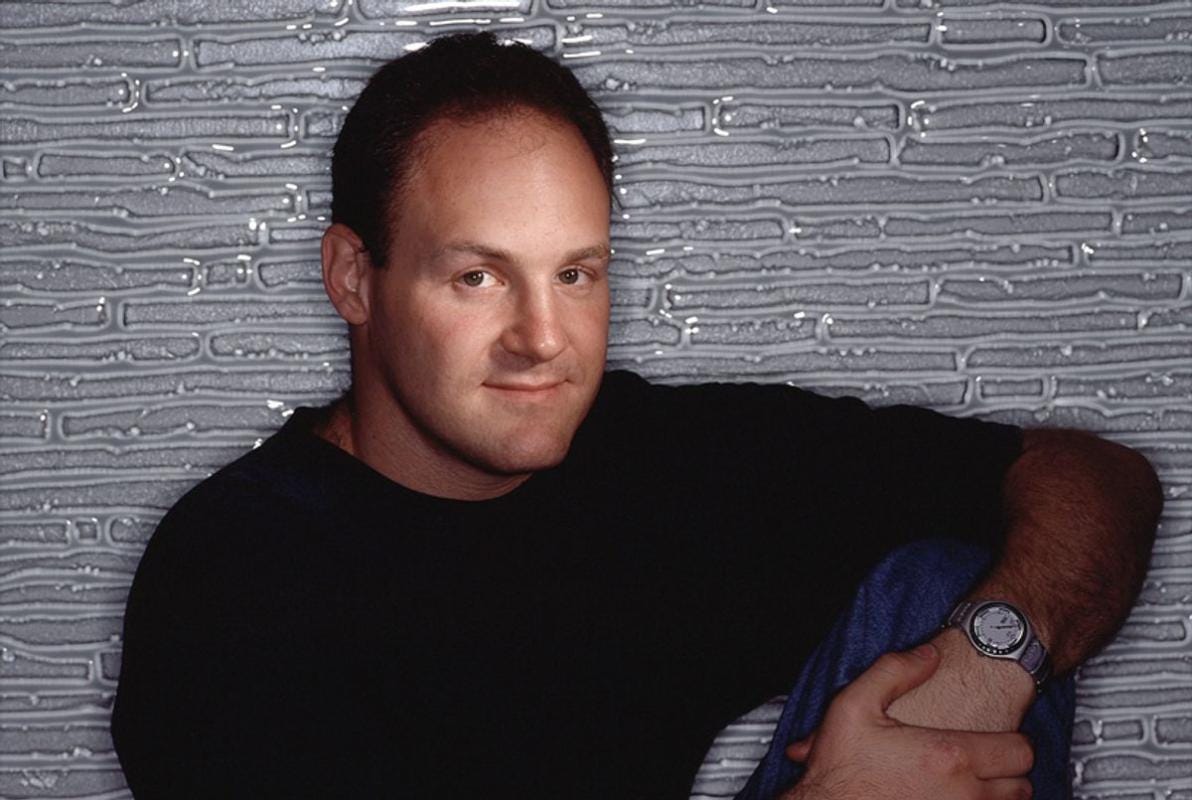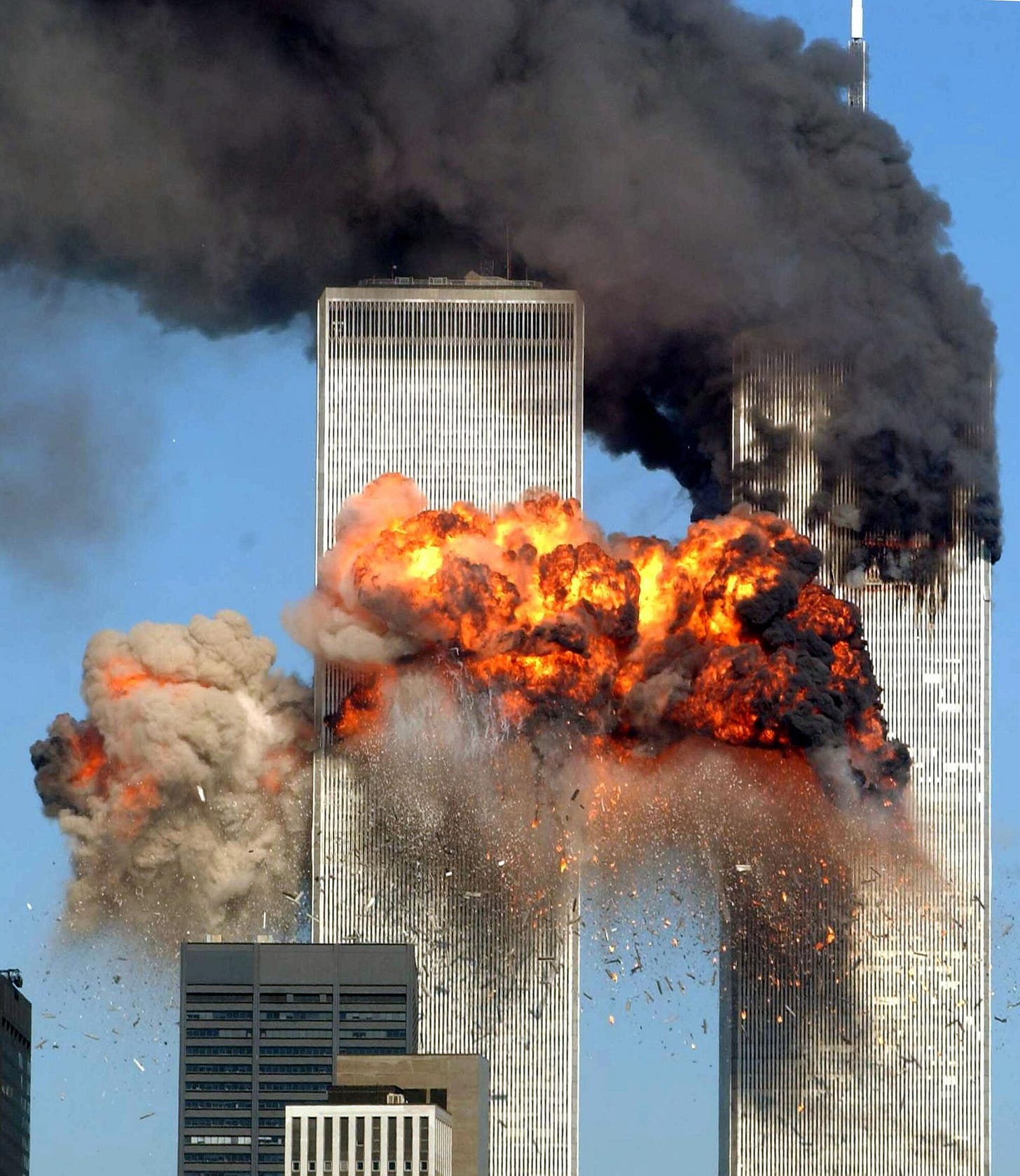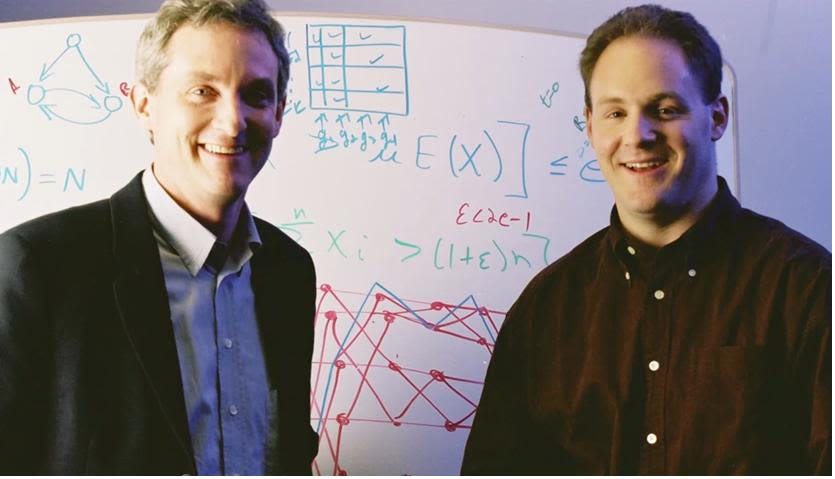I'd Have Two Nickels
“Once is happenstance. Twice is coincidence. Three times is enemy action." - Ian Fleming
Suddenly you're nowhere to be found
I turn around and everything has changed
Looking for a way to work it out
I'm trying to find some peace to navigate
The oak tree where I met you
And the writing on the statue
I still remember every word you said
I'm not a soldier, but I'm fighting
Can you hear me through the silence?
I won't give up 'cause there will be a day
We'll meet again
- TheFatRat and Laura Brehm
You’ve probably heard a joke in the format:
If I had a nickel for every time that (something unusual happened), I'd have two nickels. Which isn't a lot, but it's weird that it happened twice.
So let me start off by immediately making it tremendously unfunny.
On July 14, 2016, my friend Sean Copeland was killed in Nice - along with 85 other people, and 434 others injured, by a jihadi terrorist using a large cargo truck to run down pedestrians.
You’ve very possibly heard of that incident. But if not, you’ve certainly heard of of this one.
On September 11, 2001, my friend Danny Lewin was aboard American Airlines Flight 11 from Boston to Los Angeles. His plane was hijacked by jihadi terrorists and flown into the World Trade Center, killing everyone aboard - but Daniel Lewin had already been killed, because he’d tried to fight off the hijackers and they stabbed him to death. He has the dubious distinction of being the first victim of the 9/11 attacks - and, on the flip side of the coin, the astronomical spike in web traffic that resulted from the world looking for news during and after this disaster would have surely brought down the web if it wasn’t for the technology that Danny had invented and brought to market with Akamai.
Ian Fleming gave us the line “Once is happenstance. Twice is coincidence. Three times is enemy action.” (Incidentally - this is Goldfinger, talking to 007.)
But of course, this is all enemy action; it’s hard to mistake terrorism for anything else.
Sean Copeland was with Oracle and Verdiem when I knew him and had most recently moved over to Lexmark. Really personable gent, did brilliant enterprise sales work, I guess "a friend of mine from quite a while back" is the best way I would have described him. Happy to know him, I wouldn’t have said we were close - he was in that strange Venn diagram of “work friends” about whom I knew relatively little else. (I later found out: his eleven-year-old son Brodie was killed in the same terrorist attack, which was sort of a strange thing to hear as an addendum - I’d never met the boy, but it seemed somehow all the more terrible that the first thing I heard about him was his murder.)

Danny I knew better, albeit not longer, and we kind of hit it off; when Akamai was determined to close Amazon as a customer they sent a high powered team including him - as the guy who invented the core of their technology - to give the best possible pitch to us, and I was one of the people sent to decide if it could actually do what they siad it could do because I’d recently set some records as well (this will, perhaps, be a different story.)
Danny Lewin has a decent biography if you want to read more about him, and also he’s portrayed briefly in the BBC show “The Last Hour of Flight 11” (the second episode of Zero Hour season one - Youtube has it here). But to summarize quickly - he was born in Denver, Colorado; his family moved to Israel when he was 14 and he grew up in Jerusalem from there. After high school, he joined the Israel Defense Forces (IDF), serving as an officer in their special forces and eventually rising to the rank of captain. Following his military service, Lewin pursued higher education at the Technion – Israel Institute of Technology in Haifa, which was generally the most prestigious tech university you could attend in Israel.. While working at IBM’s research lab in the city, he simultaneously earned two undergraduate degrees in computer science and mathematics, graduating summa cum laude in 1995. He then did a doctoral program at MIT for what became the basis for Akamai’s content delivery network technology - a set of inventions around “consistent hashing” which I will link rather than going into further; suffice it to say that it worked well and was very important to how the internet evolved from there. It’s today the basis for content distribution networks, blockchains, certain databases, peer-to-peer networks, and it was (as mentioned above) the technology that let the world survive the traffic surge on September 11th.
So, when I was first talking about this to a brilliant Bayesian friend of mine (who gets namechecked in HPMOR - I’ll leave it to you to figure out who), it occurred to me just how unlikely this was.
Because really, for someone with no political involvement, no military background, no direct reason for my friends to be targeted: it seemed like insanely long odds that I know two people who had been killed by unrelated terror attacks. I can't imagine most people know any at all unless they happened to know someone who were literally in the World Trade Center; it just seems strikingly odd that I would know two people killed by Islamic terrorists… in different terror events.
I mean, at rough approximation, I probably know …. a few thousand people? Well enough that I would recognize them and their names in a news article? I’m sure I’m a bit unusual (loud chorus of “yeah, no kidding?” from the peanut gallery: hush, you rowdies) but I can’t imagine I’m that outrageously far outside the norm for Dunbar’s Number. And as high profile as this sort of thing is, terrorism is really pretty low body count, compared to say, lung cancer.
So my approximate Fermi calculation was "well, I know someplace in the order of 103 or 104 people, the world has maybe 8B people but some very small fraction of those would actually make the news if they died in this fashion (because sadly if they're blown up in Zimbabwe or Yemen I'll never know) so round that off to 109. And of those annual deaths of that sort are what, maybe 103? This article argues it's in the neighborhood of 25 Americans, but clearly Oklahoma City and 9/11 distorted the numbers a lot, so perhaps that’s going to throw estimates off, and certainly the terror attacks in India and Sri Lanka made my friends there a lot more likely to be endangered. Still, the world is a large place and unevenly distributed.
But at coarse approximation, the chance of someone I could potentially know being killed in a terrorist attack looks like it maps out at about one in three million or more. There’s certainly the chance that one such attack might get multiple people - a family, or various coworkers, or whatever the reason for proximity. But having this sort of thing occur twice, even fifteen years apart? That makes me think that this is not a one-in-a-million occurrence.
OK, let’s try this again, with assumptions that are … well, more targeted, because these attacks are in fact targeted. After all, Al-Qaeda tried to blow up the World Trade Center in 1993 - and then they came back eight years later and did it with hijacked planes instead. You are much more likely to be a target of a terror attack if you are in a major cosmopolitan city; and in practice when I started having these conversations with my friends, I was not the only person who knew someone who been killed in a terrorist attack. And it wasn’t all 9/11, though of course that predominated, and of course given that many of my friends were in at least some of the same circles you’d expect that some of them would have known either Danny or Sean. But even excluding them, we came up with three other people who died on 9/11 and two other people killed by Islamic radicals in other attacks.
And of course you’re much more likely to be a target of a terror attack by an Islamic terror group than any other faction - don’t take my word, here’s an exhaustive report. But the other dangerous groups are mostly gone - the Tamil Tigers in Sri Lanka - who invented the suicide bomb and killed Indira Gandhi, or the Irish Republican Army, or the Weather Underground, or Revolution 17 November in Greece, or Timothy McVeigh who thankfully wasn’t a group. There’s still dangerous organized crime, like the cartels. But mostly, the revolutionaries haven’t been the same sorts of terror groups without KGB backing, and Sri Lanka’s very long civil war finally came to an end, and Ireland seems happier these last few years as well. But the modus operandi for the Middle East does not seem to have shifted as much.
Hope springs eternal that the days of violence are behind us, but all the warm support for Hamas from various left wing factions in the West leads me to think that there’s still supporters for terrorism a little uncomfortably too close to home.








Damn. Tragic.
The death of your friends is an unnecessary tragedy. They were killed by Islam.